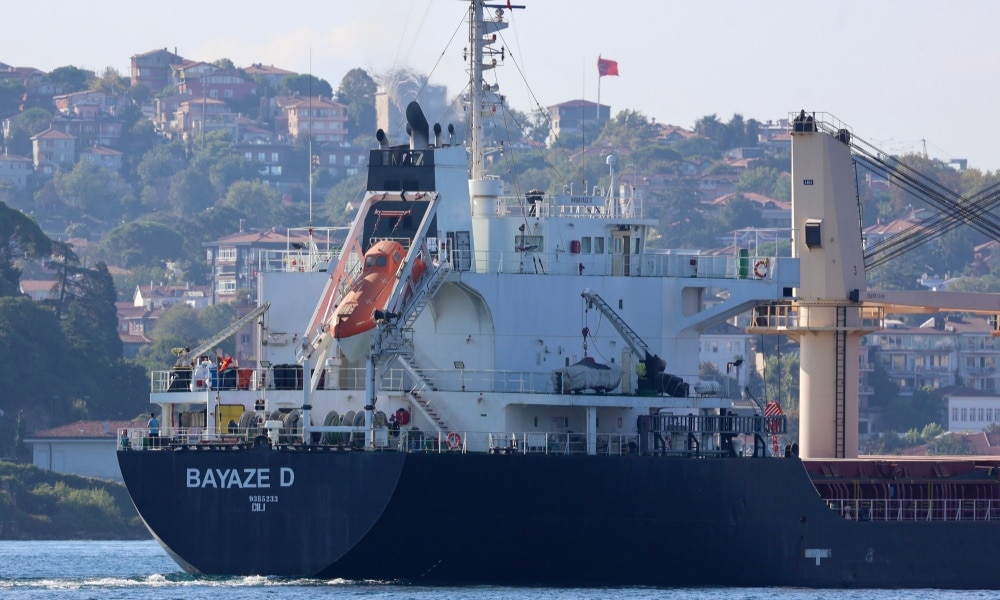Dark fleet doubles down with false flags as regulators left chasing shadows
Surge in Ships Using False Flags Alarms Regulators

The alarming rise in vessels operating under false flags is posing significant challenges for maritime regulators worldwide. Recent data reveals that over 370 ships are now flying fraudulent flags, a sharp increase from 223 at the start of the year. The majority of these vessels, approximately 85%, are tankers, raising concerns about the integrity of global shipping practices.
Regulatory Challenges and the Dark Fleet
According to S&P Global, the number of ships using false flags has surged dramatically, with many operating openly in busy shipping lanes. Notable examples include the Fina A tanker and the Bayaze D bulk carrier, both of which are flying the flag of Timor-Leste. However, this nation does not maintain a ship registry, highlighting the blatant disregard for maritime regulations. The International Maritime Organization (IMO) was alerted to these fraudulent activities earlier this year, yet enforcement remains a significant hurdle.
Professor George Theocharidis from the World Maritime University, who co-authored the IMO’s report on fraudulent flag registries, emphasized the inadequacy of the current global legal framework to address this issue. Windward, an Israeli maritime analytics platform, has identified around 1,900 vessels as part of what is termed the “dark fleet.” Their findings indicate that 40% of tankers trading with Iran and 30% trading with Russia are now using fraudulent registries, further complicating efforts to regulate maritime trade.
The IMO has linked various fraudulent registries to countries such as Aruba, Benin, and Timor-Leste, among others. Many ships are misrepresenting their flags, creating a complex web of deception that undermines the integrity of international shipping. Windward has reported that the number of falsely flagged ships has doubled in less than a year, posing a significant threat to the regulatory framework of global seaborne trade.
Highlighting Deceptive Practices
In response to the growing concern, Windward has launched a campaign on social media called “Windward’s Ship of the Day,” which aims to spotlight individual vessels involved in deceptive shipping practices. One such vessel, the Ocean Pearl, has come under scrutiny for its operations. This aframax crude oil tanker, sanctioned by both the EU and the UK, has been primarily transporting Russian crude oil to China from the eastern port of Kozmino.
Tankers Sanctioned by U.S. are Part of a False Flag Operation Says Guyana
After being sanctioned, the Ocean Pearl changed its Maritime Mobile Service Identity (MMSI) number from one associated with Palau to a fictitious number, claiming to be flagged under Mozambique, a country that does not possess an international flag registry. This maneuver illustrates the lengths to which some operators will go to evade sanctions and regulatory oversight.
The ongoing rise in ships using false flags not only threatens the integrity of maritime trade but also raises serious questions about the effectiveness of current regulatory measures. As the situation evolves, it remains critical for international bodies to address these challenges to safeguard global shipping practices.
